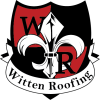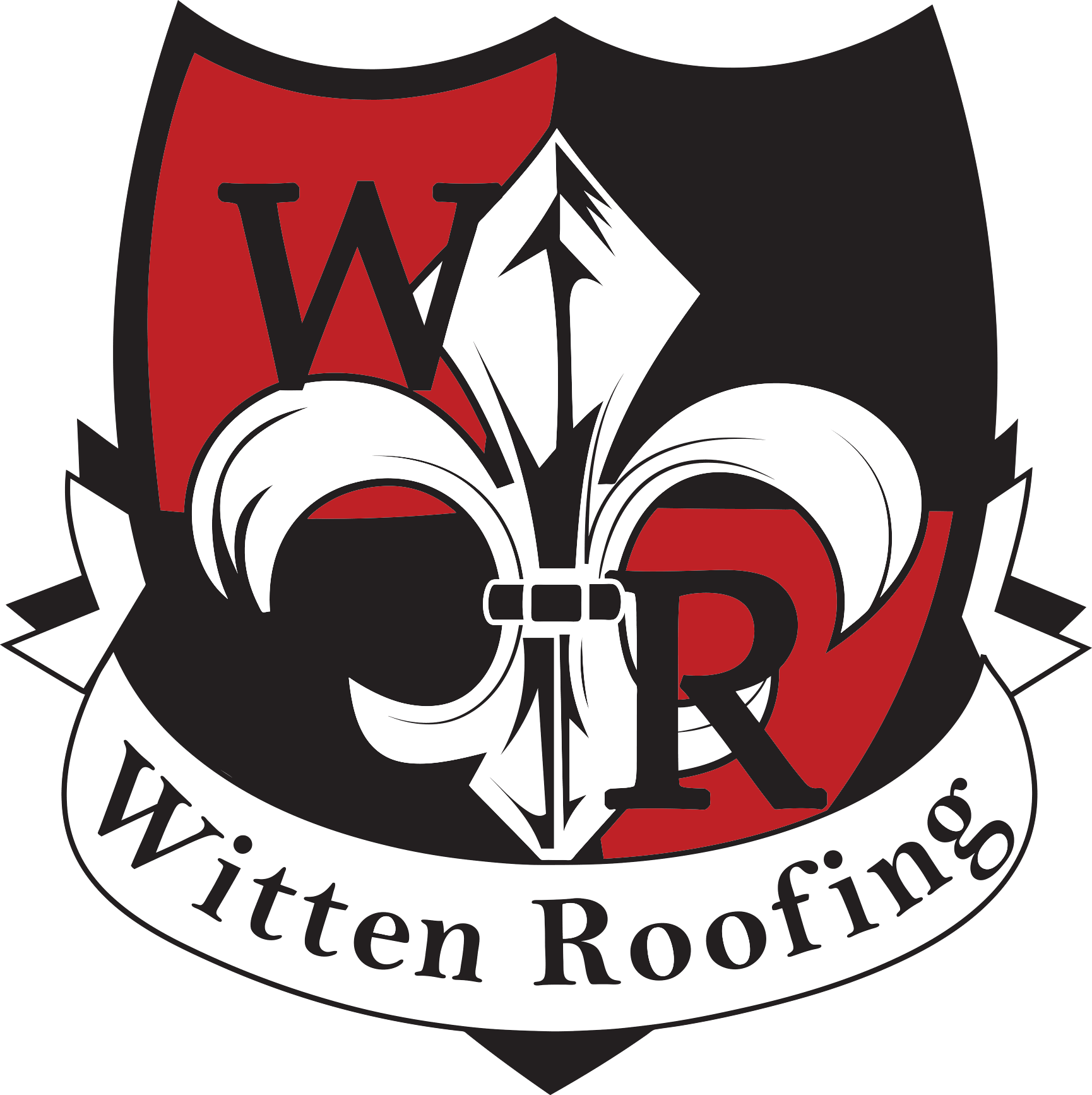For many businesses, the roof is “out of sight, out of mind” until something goes wrong. But the truth is, your roof plays a much larger role in your company’s efficiency and bottom line than most people realize. Investing in an energy-efficient roofing system can provide significant cost savings, environmental benefits, and long-term durability—all while improving the comfort of your building.
In today’s competitive business landscape, every advantage matters, and an energy-efficient roof could be one of the smartest upgrades you make.
1. Lower Energy Costs
Energy-efficient roofs are designed to reduce heat absorption and improve insulation. Traditional dark roofing materials tend to absorb heat from the sun, which can increase cooling demands in your building. By contrast, reflective or “cool roof” materials reduce how much heat your roof holds.
Why It Matters for Your Business:
Lower Cooling Bills: Your HVAC system won’t have to work as hard during hot weather.
Year-Round Comfort: Improved insulation can also help in the colder months, preventing heat loss.
Immediate ROI: Many businesses start seeing a noticeable drop in their energy bills within the first year.
2. Longer Roof Lifespan
Heat and UV exposure are two of the biggest factors in roof deterioration. Materials that absorb less heat experience less thermal expansion and contraction, which reduces wear and tear. Many energy-efficient roofing systems are built with advanced membranes and coatings designed to handle extreme weather.
Result:
Fewer repairs, reduced maintenance costs, and a longer overall roof lifespan.
3. Improved Comfort for Employees & Customers
If your building has inconsistent temperatures, it’s not just your HVAC system that suffers—so do the people inside. Energy-efficient roofing keeps interior temperatures more stable, creating a more comfortable environment for your employees and customers. Comfortable employees are often more productive, and comfortable customers tend to stay longer and return more often.
4. Environmental Responsibility
Energy-efficient roofing helps reduce your business’s carbon footprint by lowering energy consumption. Some materials are even made from recycled or recyclable components, which further reduces environmental impact.
For businesses looking to enhance their corporate social responsibility efforts, energy-efficient roofing is a tangible step toward sustainability.
5. Tax Incentives and Rebates
Many states and municipalities offer tax incentives, rebates, or credits for energy-efficient building upgrades, including roofing. Additionally, energy-efficient roofs can contribute to certifications like LEED (Leadership in Energy and Environmental Design), which can boost your property’s value and reputation.
6. Increased Property Value
An energy-efficient roof can increase your property’s overall value. Potential buyers and tenants see lower operating costs and longer-lasting roofing as a strong selling point. For commercial property owners, this can make your building more appealing in a competitive market.
7. Enhanced Roof Performance
Energy-efficient roofing isn’t just about temperature control—it’s often built with superior materials that provide added protection against leaks, punctures, and other damage. This can be especially beneficial for businesses in areas like Louisiana and Illinois, where weather extremes (heat, storms, snow, and heavy rain) are common.
Types of Energy-Efficient Roofing for Businesses
Cool Roof Coatings
Reflective coatings that can be applied to existing roofing materials to enhance their energy efficiency.
Single-Ply Membrane Roofing (TPO, PVC, EPDM)
Lightweight and reflective, these roofing membranes are a popular choice for flat or low-slope commercial roofs.
Metal Roofing
Metal roofing is naturally reflective, highly durable, and often made from recycled content. With the right coatings, it can significantly reduce cooling costs.
Green Roofs
Vegetative or “living roofs” provide natural insulation and stormwater management, although they require more planning and maintenance.
Frequently Asked Questions (FAQ)
Q:
How much can an energy-efficient roof actually save on energy costs?
A:
Savings vary depending on roof size, insulation quality, and local climate. Many businesses report energy savings between 10–30% after installation.
Q:
Are energy-efficient roofs more expensive to install?
A:
Some energy-efficient roofing systems may have a slightly higher upfront cost, but they typically pay for themselves through lower energy bills and reduced maintenance over time.
Q:
Can my existing roof be made energy efficient without full replacement?
A:
In many cases, yes. Reflective coatings or additional insulation can improve efficiency without replacing the entire roof.
Q:
Do energy-efficient roofs qualify for tax credits or incentives?
A:
Many energy-efficient roofing systems do qualify for tax credits, rebates, or utility incentives. Availability varies by location, so check local programs.
Q:
How do I know if my commercial building could benefit from an energy-efficient roof?
A:
A professional roofing inspection can identify energy loss, insulation gaps, and heat retention issues, helping you determine the best solution.
The Bottom Line
Energy-efficient roofing systems offer benefits far beyond just keeping your building dry. They lower operating costs, improve comfort, reduce environmental impact, and can even increase property value. For business owners, it’s one of the most practical upgrades available.
Ready to Explore Energy-Efficient Roofing Options?
If you’re considering a roof replacement or want to explore energy-saving solutions for your existing roof, Witten Roofing is here to help.
Schedule a free commercial roof inspection and consultation today to see how we can improve your building’s efficiency and protect your bottom line.




